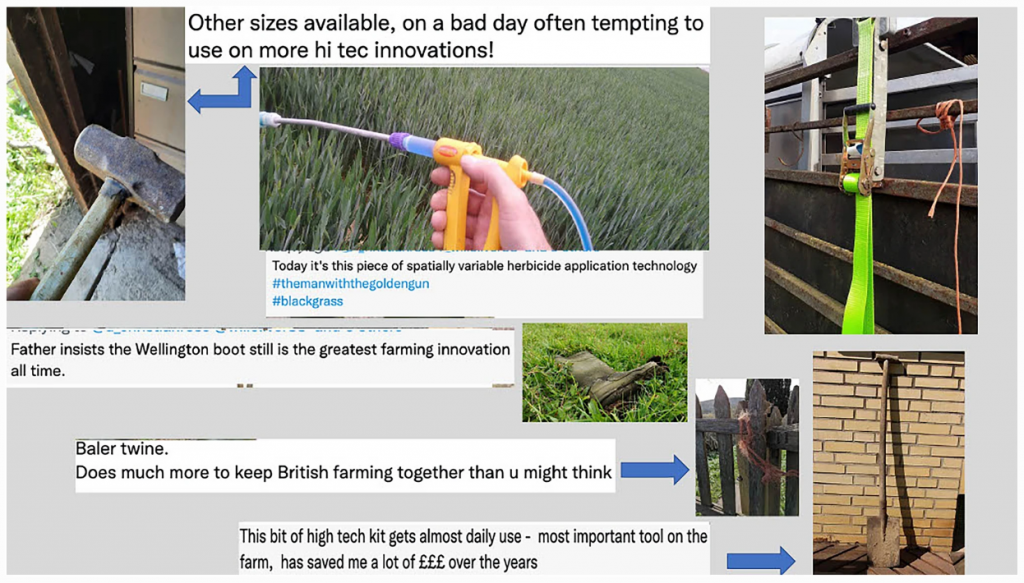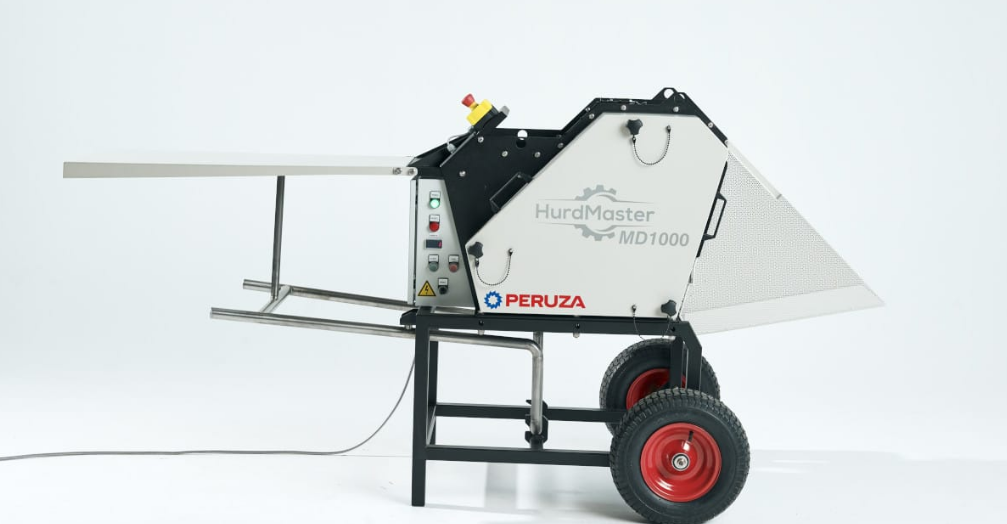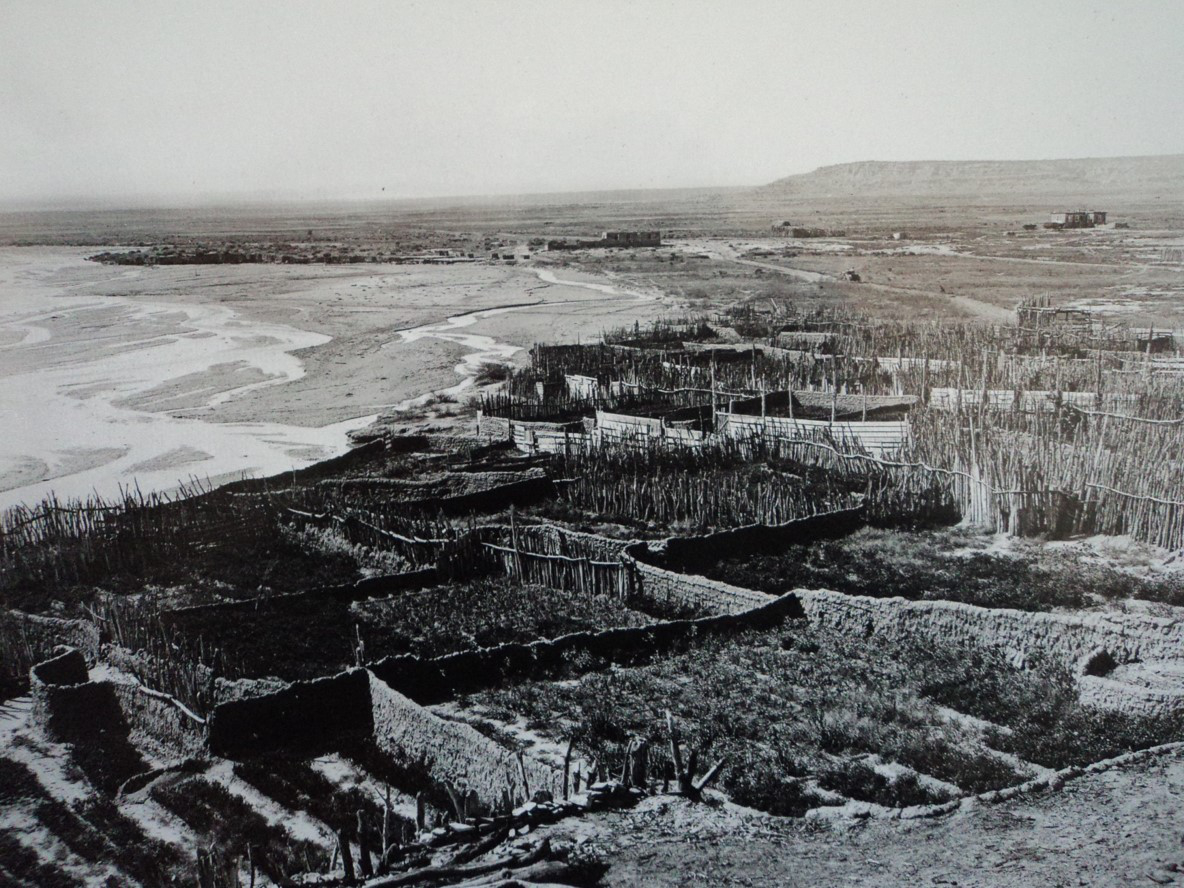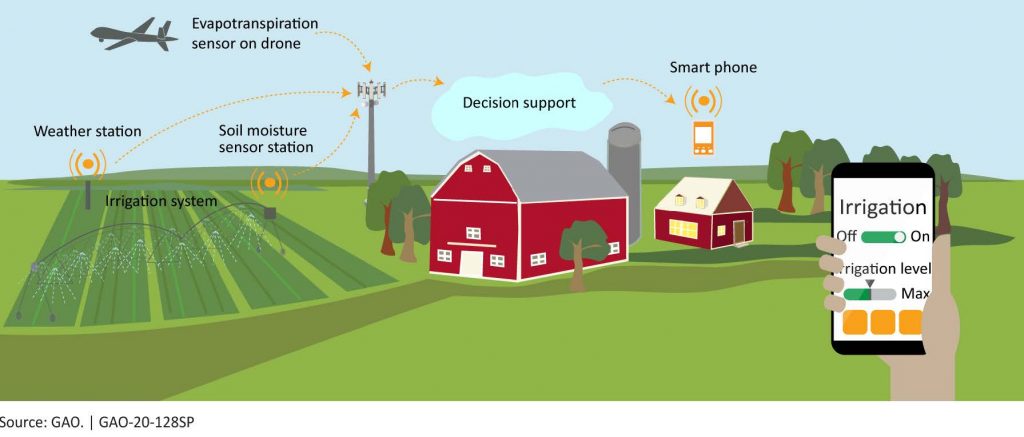- I’ve rented DVDs from Netflix for half my life – streaming is a poor substitute. [The Guardian]
- The Glorious Return of a Humble Car Feature. “Automakers are starting to admit that drivers hate touch screens. Buttons are back!” [Slate]
- Agriculture in the Ancient Maya Lowlands (Part 2): Landesque Capital and Long-term Resource Management Strategies. [Journal of Archaeological Research] “We demonstrate long-lasting agricultural investments by Maya people, in social capital including multigenerational land tenure, in cultivated capital including long-lived trees, and in landesque capital including soil amendments and landscape engineering projects, such as terracing and wetland modification.”
- Archaeologists are unlocking the secrets of Maya lime plasters and mortars. [ars technica]
- When innovation goes south: The tech that never quite worked out. [ars technica] “We don’t need new gadgets; we need to use antibiotics more sparingly.”
- “RAIN was planting the seeds”: An Interview with Tom Bender, co-editor of RAIN: Journal of Appropriate Technology. [Open Edition Journals]
No Tech Reader #39
Everyday counter-narratives of the so-called fourth agricultural revolution
Prevalent narratives of agricultural innovation predict that we are once again on the cusp of a global agricultural revolution. According to these narratives, this so-called fourth agricultural revolution, or agriculture 4.0, is set to transform current agricultural practices around the world at a quick pace, making use of new sophisticated precision technologies. Often used as a rhetorical device, this narrative has a material effect on the trajectories of an inherently political and normative agricultural transition; with funding, other policy instruments, and research attention focusing on the design and development of new precision technologies.
A growing critical social science literature interrogates the promises of revolution. Engagement with new technology is likely to be uneven, with benefits potentially favouring the already powerful and the costs falling hardest on the least powerful. If grand narratives of change remain unchallenged, we risk pursuing innovation trajectories that are exclusionary, failing to achieve responsible innovation. This study utilises a range of methodologies to explore everyday encounters between farmers and technology, with the aim of inspiring further work to compile the microhistories that can help to challenge robust grand narratives of change.
We explore how farmers are engaging with technology in practice and show how these interactions problematise a simple, linear notion of innovation adoption and use. In doing so, we reflect upon the contribution that the study of everyday encounters can make in setting more inclusionary, responsible pathways towards sustainable agriculture.
Read more (open access): Rose, David Christian, et al. “The old, the new, or the old made new? Everyday counter-narratives of the so-called fourth agricultural revolution.” Agriculture and Human Values (2022): 1-17.
Small Scale Hemp Processing
Reader Martin Monin shares some links around hemp processing:
I don’t know if you have some research or an article under preparation for this, but as you know, hemp is an extraordinary plant for the low tech transition, and yet its use is still marginal, as it’s costlier than cotton/concrete and the other chemical/petrol substitutes.
There are multiple parts in the process, from the retting of the plant (which can be done naturally by letting the plant in the field after its cut, or chemically – like the Chinese do). And then decorticating, separating the fiber from the stem, and the flower/seeds. From my small research, it seems that the industry is more looking into huge machines to process the huge fields of American and Australian farmers. But there is not much around small scale farming, and I was wondering if you knew of any low tech projects around hemp processing?
Here is a machine made in Latvia that seems interesting but does only a small part of the whole process : https://hurdmaster.com/
And another project between USA and Zambia to build a whole hemp processing facility, very interesting : https://ehemp.house/
The dream would be to build a micro autonomous plant that produces seeds + flowers for CBD extraction, fiber for textile production and hurd for construction isolation…
Best,
Martin
Waffle Gardens
Historic Zuni waffle gardens, circa 1919. (Photo courtesy of Kirk Bemis)
For the past 64 years, Jim Enote has planted a waffle garden, sunken garden beds enclosed by clay-heavy walls that he learned to build from his grandmother. This year, he planted onions and chiles, which he waters from a nearby stream. It’s an Indigenous farming tradition suited for the semi-arid, high-altitude desert of the Zuni Pueblo in New Mexico, where waffle gardens have long flourished and Enote has farmed since childhood.
“They are the inverse of raised beds, and for an area where it is more arid, they’re actually very efficient at conserving water,” said Enote, who leads the Colorado Plateau Foundation to protect Indigenous land, traditions, and water. Each interior cell of the waffle covers about a square foot of land, just below ground-level, and the raised, mounded earthen walls are designed to help keep moisture in the soil.
Read more: The Resurgence of Waffle Gardens Is Helping Indigenous Farmers Grow Food with Less Water, Greta Moran, Civil Eats, October 2021.
How Sustainable is the Smart Farm?
“Computer-controlled hydroponics, vertical farms, and IoT-based precision agriculture are claimed to be sustainable, healthful, and humane methods of producing food. These so-called “smart” farming methods have arisen over the past decade and have received little scrutiny from a sustainability perspective. Meanwhile, they are attracting vast sums of both research and investment funding.”
“We ask a simple question: how sustainable is the “smart farm”? We take a technical, ecological, and social view of the systems that comprise a smart farm. Our aim is to tease apart which, if any, of the practices are actually beneficial, and which are simply a substitution of resources or a mere shifting of (human and/or ecological) externalities in time or space.
To evaluate the smart farm concept, we focus on two scenarios: indoor smart farms (controlledenvironment agriculture such as vertical farms), and outdoor smart farms (in which the environment is less controlled, but managed via precision agriculture). We also provide examples of the values that smart farms embody, who stands to gain from their operation, and what better alternatives might exist.
Read more: Streed, Adam, et al. “How Sustainable is the Smart Farm?” LIMITS 2021, (2021).
Previously: Vertical farming does not save space.









